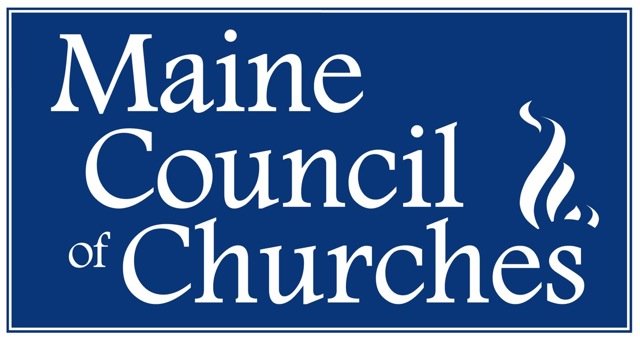Orrington church suing the governor for pandemic restrictions says its case still matters
Calvary Chapel Bangor is still suing the governor for pandemic restrictions on religious gatherings that haven’t been in effect for more than a year.
BY EMILY ALLEN STAFF WRITER PORTLAND PRESS HERALD APRIL 6, 2022
An Orrington church that two years ago sued Gov. Janet Mills over pandemic restrictions on religious gatherings argued in federal court Wednesday that its case is still relevant even though restrictions have been lifted because they could be imposed again in the future.
“You have a governor who unilaterally has the authority to issue the executive power for emergencies and change those orders,” said Mathew Staver, the church’s attorney. “(She) continues to retain those powers, (to) change those orders unilaterally at her own will.”
Calvary Chapel Bangor filed its lawsuit in May 2020, when an executive order barring indoor religious gatherings of more than 10 people was in effect. In the last two years, a federal judge dismissed that lawsuit, a federal appeals court upheld that decision and the U.S. Supreme Court declined to hear the case. The Supreme Court also rejected an appeal by the church in October.
This is the church’s second attempt to reverse the U.S. District Court’s decision.
Maine congregations have been able to gather freely indoors, with no restrictions on numbers, since May 2021. The governor began increasing the permitted number of people per gathering in November 2020, about seven months after Calvary sued.
In the appeal, Cavalry’s attorneys write that Mills discriminated against religious groups by imposing different restrictions on church-related gatherings than it did on nonreligious activities. They describe a 48-member discipleship program run by Calvary Chapel that violated the governor’s gathering size restrictions from March 2020 to May 2021, and then accused the governor of allowing large groups to gather for nonreligious reasons.
The church’s attorneys also said Mills’ orders from 2020 and 2021 were in conflict with rulings by the Supreme Court regarding other states’ executive orders on religious gatherings. They cited a Supreme Court ruling in November 2020 that New York’s governor didn’t have the authority to enforce certain gathering restrictions on religious services.
Assistant Attorney General Sarah Forster denied any discrimination on the governor’s behalf. She also pointed out how much time had passed since the executive order in question expired, and how the governor’s gathering restrictions had changed in the months after the church’s complaint and appeal were filed.
“Here we have literally almost two years since the conduct in the complaint,” Forster said. “And we have evidence of a clear, concise, consistent pattern by the governor of removing all of the gathering and related limits. We’ve changed our pandemic response strategy due to science.”
Forster added that Maine’s restrictions and experience with COVID-19 were “wildly different” from New York’s.
Staver is one of four attorneys from Florida representing Calvary Chapel. All of them are from a conservative Christian nonprofit called Liberty Counsel.
Liberty Counsel also has taken up similar cases in other states, challenging governors who have imposed public health restrictions on places of worship. In another Maine case, they represented a group of nine unnamed workers suing the state to demand a religious exemption to the COVID-19 vaccine mandate.
Jane Field, executive director of the Maine Council of Churches, said Wednesday that neither she nor any of the roughly 440 congregations the council represents had a problem with Mills’ executive orders on religious gatherings.
“Frankly, there was overwhelming support for all of the safety procedures and protocols that were put in place,” said Field, who was a pastor in Windham during the height of the pandemic. “Most churches that I know went to an online form of worship, so they were in no way limited in their ability to gather.”
The Council of Churches represents seven Christian denominations in Maine. Today, most council churches have returned to a hybrid model of worship, in which they gather in person but also livestream services for those who still want to worship from home.
“It wasn’t easy,” Field recalled. “It was really challenging to keep on being the church – but lots of churches did it with grace and creativity, and have actually come out of the other side strengthened.”
The state reported 276 more cases of COVID-19 on Wednesday and one additional death.
It’s unclear when the appellate court will decide on the church’s appeal.

